I see myself in Dietland
I'm a fat woman. Dietland is the first TV show that's ever made me feel truly seen.
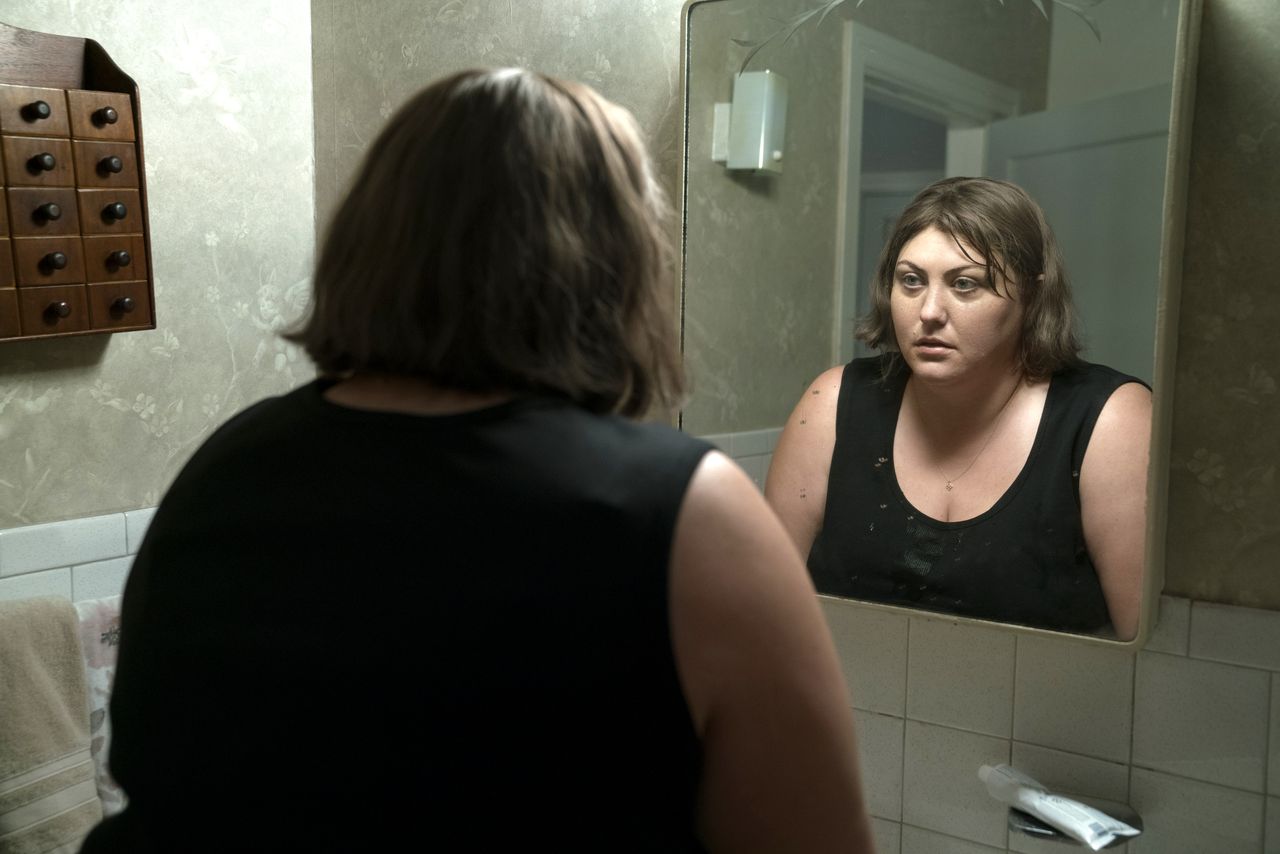

There's a moment in an early episode of Dietland — AMC's new dramedy based on Sarai Walker's 2015 novel — in which our plus-sized protagonist, Plum Kettle (Joy Nash), has a blistering epiphany. For years, Plum has anesthetized herself with Y, a powerful prescription med that has blotted out all her emotions and left her in a state of baseline ennui. However, Plum is going off Y after encountering a wealthy benefactor, Verena Baptist (Robin Weigert). Baptist is the reluctant heir of a particularly Draconian weight-loss business empire who promises Plum that she'll give her a check for $20,000 (as reparations for the psychological and physical damage from her mother's Baptist Diet Plan) if Plum will try, for once, to live the "best life" she imagines she can only have as a thin woman, in her here and now. After a weekend of withdrawal, Plum rails, "I don't hate myself. The world hates me. They act like I'm a stain … Worst of all, they tell me I have a pretty face and they lecture me on how to fix my body."
Usually, when I pause a network screener, it's because I need to record a line, or study an actor's inflection. But I pressed pause on this moment because the air left my body. I sat on my sofa, studying Joy Nash's frozen face caught between an expression of sublime rage and absolute sorrow, and, for the first time, I felt truly represented onscreen, truly seen.
Dietland is one of the first mainstream TV shows to feature an unabashedly fat woman in a lead role, but unlike This is Us' sad-sack Kate Pearson (who sprains her ankle falling off a scale) or American Housewife's Katie (who spends the pilot episode desperately seeking someone fatter to move in across the street, so she won't be the fattest woman in town), Plum's arc takes her away from self-loathing toward self-actualization.
Subscribe to The Week
Escape your echo chamber. Get the facts behind the news, plus analysis from multiple perspectives.

Sign up for The Week's Free Newsletters
From our morning news briefing to a weekly Good News Newsletter, get the best of The Week delivered directly to your inbox.
From our morning news briefing to a weekly Good News Newsletter, get the best of The Week delivered directly to your inbox.
This is the arc of my own life. I'm a fat woman who spent too many years bingeing and purging, starving myself and taking pills that made my heart tick into my skull, running on the treadmill until I wanted to die (and very well could have), to stop the stain of my body from spreading, from inconveniencing anyone else with its ugliness, its unruliness. Dietland allows fat women, women like me, who have fallen off too many treadmills and gone to bed so hungry it hurt, the chance to explore a righteous anger; it connects our pain to the bigger issues of a world that hates women.
Dietland, which premiered last night, follows Plum as she begins to channel the crackling, incandescent energy of her self-hatred and directs it where it has always belonged — right at the goddamn world, with its beauty industrial complex and faux corporate feminism; its phony-baloney wellness gurus/charlatans; its street catcallers and revenge porn empresarios, who are just toxic tributaries in the whole dark sea of rape culture. Plum's life becomes enmeshed with Verena Baptist and a whole cadre of other trouble-making women, like Julia (Tamara Tunie), a make-up artist and double-agent plotting against the lady mag conglomerate that employs them both, and Leeta (Erin Darke), the spritely goth girl and blossoming radical, as a militaristic group calling themselves "Jennifer" stage a series of theatrical attacks against men who have been accused of sexual assault and abuse — forcing them to videotape confessions of their crimes before dropping their bodies from the sky. Cutting between images of body bags hurled off of bridges and Plum indulging in a truly voluptuous and intricate sexual fantasy (which remains better unspoiled but involves a hunky detective in a tiger costume growling seductively about various kinds of meats) may seem tonally discordant — but the point is that both of these actions, the vigilante killings and the fat woman daring to dream of being desired, are, in their own ways and on the own scales, deep transgressions; they drive bloody knuckles into the tender eye of patriarchy.
If The Handmaid's Tale is praised for its prescience in articulating women's well-founded terror about losing bodily autonomy in the Trump era, then Dietland offers a mirror inverse of that prescience by depicting the long-roiling rage that has found expression in the #MeToo and Time's Up movements in its starkest, most surreal form: There's a visceral thrill in seeing the revenge porn king, Hal Jizz, reduced to pants-pissing terror on camera; still, one can't unhear the thud of splintered bone when a corpse hits a car hood (Time's Up, indeed).
But Dietland is more than a revenge parable, or just a feel-good girl power polemic about Women's Anger™; the series, like the novel, interrogates the origins, and the potency, of that anger with a deftness and complexity that goes beyond finger-pointing at an amorphous patriarchy. The show's absurdist bent allows it to comment on the many kinds of violence that seek savage dominion over the female body — from the repeated newscasts about a 13-year-old gang-rape victim who throws herself in front of a train to the dude who gropes a woman buying milk at the mini-mart to Plum's hunger-induced hallucinations, where she appears to herself as a cartoon blob, a body filled with crackling static, the absence of hope, of life.
Dietland expands the first-person novel to focus on characters like Plum's boss, Kitty Montgomery (Julianna Marguiles), the neurotically coiffed head-bitch-in-charge of Daisy Chain, the lady mag that traffics in corporatized slogans of You Go Girl empowerment while still featuring teenage models who've been Photoshopped to inhuman proportions. Kitty's sub-plot illuminates, with a diamond-sharp clarity and cuttingness, how women can be agents of patriarchy — especially when they've internalized our ever-pervasive sizeism. She relies on Plum to craft her "Dear Kitty" columns but won't send her to cover a plus-size fashion show (she'll offer one of her svelte assistants as in-person support, Plum can watch the show via Facebook Live). When another character stands up for Plum, Kitty sneers that, "large girls pretend to be joyful and harmless, but really, they're jealous of people like me. You treat them well, and still they fester."
Kitty may seem like cartoon bitchery to the blissfully uninitiated; however, she is every power-suited, corporate-climbing boss I ever had who talked a good game about mentoring younger women but suddenly had no time for me; cropped me out of team photos; or inexplicably picked on me in meetings. It's telling that, when the Jennifer collective targets one of Daisy Chain's prized photographers, a Terry Richardson-esque photographer who preyed on teen models, Kitty is more worried about damage to the magazine's reputation — not about the fact that she repeatedly hired and defended a rapist. Hearing Kitty speak my own bosses' antipathy toward me aloud wasn't just a lightbulb moment — it was a goddamn firecracker inside my head. I remembered those same bosses proudly proclaiming that they didn't "go in for women's lib," they were "just hard workers" and they didn't get "why everyone has to be so 'political.'" Dietland positions fat women's degradation, and their anger at that degradation, in the broader context of cultural misogyny. So, it's wholly appropriate that one of Plum's first rebellions involves scrapping the canned niceties and answering Kitty's letters with a jaundiced realism (Kitty scoffs that these answers are "too political"), before giving all those emails, all those girls seeking hope and help, over to Julia and her group.
The revolutionary beauty of Dietland is that it gives a fat woman a powerful, life-altering awakening — something that even other supposedly feminist (or, at least feminist adjacent) works hesitate to do. A show like Stranger Things may boast Strong Female Protagonist bona fides by having the telekinetic Eleven and girl-next-door Nancy come into their own, but it still treats the lone fat girl, Barb, as a punchline of tragic martyrdom — Barb only exists to get mauled to death by the monster; her death is a catalyst for her skinny friend's personal journey (and, by extension, for that skinny friend's two suitors to become better men). The actor who played Barb, Shannon Purser, now appears on Riverdale, a show that (mostly rightfully) touts its progressiveness, as another variation of the sad fat girl who allows the thin, conventionally hot leads to work through their own issues. The only fat woman on The Handmaid's Tale is the evil Aunt Lydia; the show completely eschews the chance to delve into the tropes about fatness and fertility (and yes, I have had people tell me, in utter earnestness, that I have "great birthin' hips").
There's been an undeniable boon in women-driven, issue-centered pop culture: Female rage is, well, all the rage. Yet, as a fat woman watching these TV shows and movies and reading these books about women becoming enlightened, becoming empowered — telling off bosses, eating what they want, and savoring their sexuality — I've felt, frankly, like I always do. Like an outsider. It was like staring into a shattered mirror, catching fleeting glimpses of myself in random shards. Dietland offers me a raw, painful, and, ultimately, beautiful, vision of myself — and for the first time, ever, that vision is whole.
Sign up for Today's Best Articles in your inbox
A free daily email with the biggest news stories of the day – and the best features from TheWeek.com
Laura Bogart is a featured writer for Salon and a regular contributor to DAME magazine. Her work has appeared in The Atlantic, CityLab, The Guardian, SPIN, Complex, IndieWire, GOOD, and Refinery29, among other publications. Her first novel, Don't You Know That I Love You?, is forthcoming from Dzanc.
-
 Is it time to ban smacking in England?
Is it time to ban smacking in England?Today's Big Question Experts are calling for 'Victorian-era punishment' to be scrapped, but the government isn't ready to act
By Abby Wilson Published
-
 The Arab League's plan for Gaza
The Arab League's plan for GazaThe Explainer Arab leaders reject Donald Trump's proposals to move Palestinians out of Gaza to create 'Middle East Riviera'
By Elizabeth Carr-Ellis, The Week UK Published
-
 Thrilling must-see operas for 2025
Thrilling must-see operas for 2025The Week Recommends From Carmen to Peter Grimes, these are the UK's top productions
By Irenie Forshaw, The Week UK Published
-
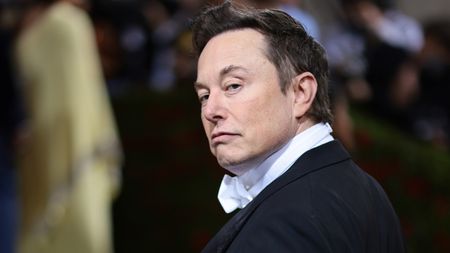 Walter Isaacson's 'Elon Musk' can 'scarcely contain its subject'
Walter Isaacson's 'Elon Musk' can 'scarcely contain its subject'The latest biography on the elusive tech mogul is causing a stir among critics
By Theara Coleman Published
-
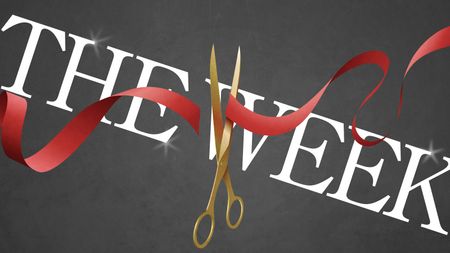 Welcome to the new TheWeek.com!
Welcome to the new TheWeek.com!The Explainer Please allow us to reintroduce ourselves
By Jeva Lange Published
-
 The Oscars finale was a heartless disaster
The Oscars finale was a heartless disasterThe Explainer A calculated attempt at emotional manipulation goes very wrong
By Jeva Lange Last updated
-
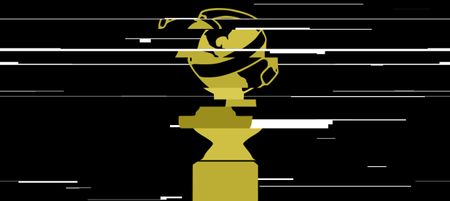 Most awkward awards show ever?
Most awkward awards show ever?The Explainer The best, worst, and most shocking moments from a chaotic Golden Globes
By Brendan Morrow Published
-
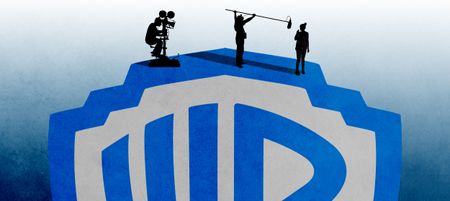 The possible silver lining to the Warner Bros. deal
The possible silver lining to the Warner Bros. dealThe Explainer Could what's terrible for theaters be good for creators?
By Jeva Lange Last updated
-
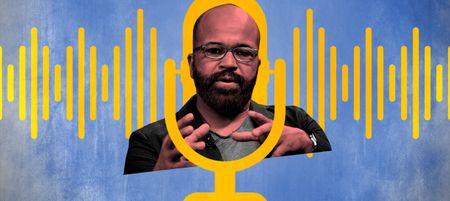 Jeffrey Wright is the new 'narrator voice'
Jeffrey Wright is the new 'narrator voice'The Explainer Move over, Sam Elliott and Morgan Freeman
By Jeva Lange Published
-
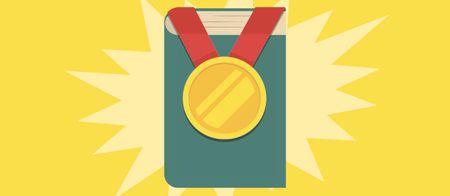 This week's literary events are the biggest award shows of 2020
This week's literary events are the biggest award shows of 2020feature So long, Oscar. Hello, Booker.
By Jeva Lange Published
-
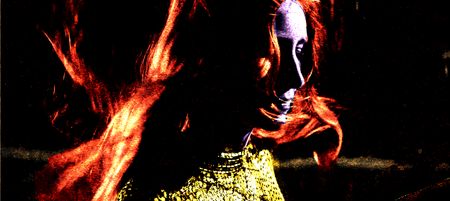 What She Dies Tomorrow can teach us about our unshakable obsession with mortality
What She Dies Tomorrow can teach us about our unshakable obsession with mortalityThe Explainer This film isn't about the pandemic. But it can help viewers confront their fears about death.
By Jeva Lange Published